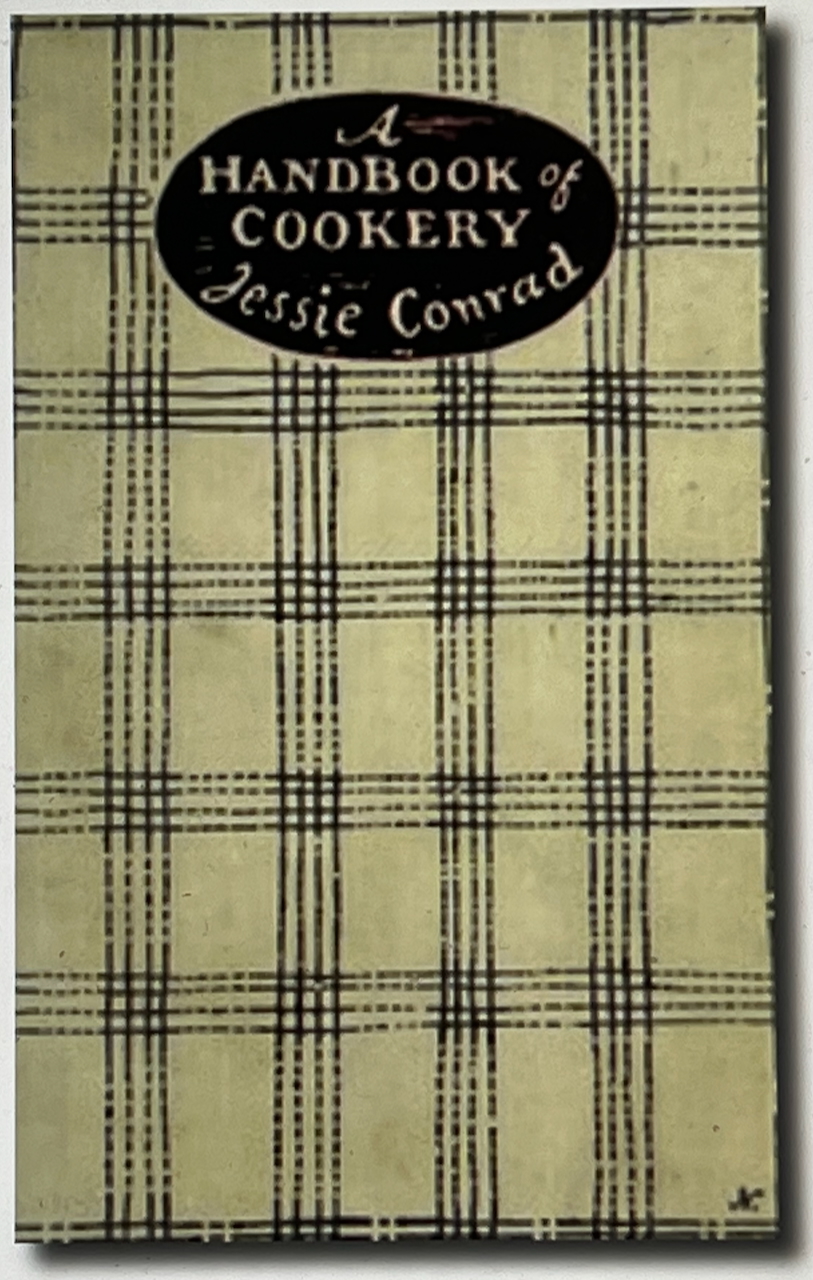Anubis Lives, Thanks to Joanna Karpowicz
June 21, 2024

I am interested in representations of immortal figures witnessing human life, such as Wim Wenders’ watcher-angels in Wings of Desire; the flirtatious death-angel in All That Jazz; Death as Joe Black; and the title figure in “The Man Who Rowed Christopher Columbus Ashore,” a story by Harlan Ellison.
I once wrote about HMS Bounty sinking in Hurricane Sandy, off Cape Hatteras: “Two Coast Guard MH-60 Jayhawks arrive in the dark, turbines screaming, lights aglow, convex-eyed insects in the maelstrom. Dark water rolls in from every direction, thirty-foot swells, a rescue swimmer in the lead chopper says it’s like looking into the agitator of a washing machine. They orbit two life rafts in the water; one man in a Gumby suit floats separately at a distance. The hoist operator names him, in the calm speech of the well trained, ‘the free-floating gentleman.’
“Wouldn’t it be a comfort if we knew our gods spoke with the same professionalism and respect?” I ask.
I found a beautiful and moving variation of this theme in a series by Kraków painter Joanna Karpowicz this week on Instagram. The series is called Anubis, after the ancient Egyptian god that represented care for the dead.
In the paintings, Anubis, a dark, jackal-headed silhouette with alert ears, roams the landscapes and cities of Poland, France, Japan, and elsewhere. Fit and sartorial, he reads, drinks tea, fishes a mountain lake, picks winter fruit, cycles, hikes, and waits in an empty movie theater. He gets carryout pizza, carries a guitar case, waits for a lift. He drives a Datsun Z-type to the temple in Sakura. He is a fan of Baudelaire. All is done as if he is trying to experience and bear witness to what is lovely and good in life.
The names of the paintings are reasons to live: “Cold Summer Evening,” “The Low Wall and Its Cool Stone,” “The Smell of Wet Grass.” “The Sound of Glasses, Silverware and Wine Being Opened,” “The Taste of Ice Cream and Sea Water,” and, Karpowicz says, “Most probably my fav moment of every party, ‘The Moment When Nothing Is Happening Yet.’”

Anubis is mostly alone in the paintings, unless he is hanging out with Japanese oni and yōkai—forest spirits and monsters—or Bigfoot, in a frame from the Patterson-Gimlin film.
“I think he must feel very, very lonely,” the artist says.
Only one human seems able to see him, a young woman, “Always with her back turned towards us, mysterious—she lives her life to the fullest, admires the beauty surrounding her. […] Anubis and the Girl cross paths, but travel separately. […] They are both aware of each other’s existence. She, perhaps, thinks about him like we all do: in brief moments of existential reflection.”
For an image of death, Karpowicz’s Anubis is a figure of calm, even stability; of seeing and listening; of endurance. He has power. As someone said of Chekhov’s narrative voice, it is as if he watches human life with great sympathy from somewhere very far away.
“He, in my mind, is an eternal fan of everything living, he seems [to] be full of tender love for us,” Karpowicz writes.
Nowhere is this Anubis more moving than when Karpowicz portrays him accompanying children: Anubis in a soldier’s greatcoat and pack, holding the hand of a little girl who may have been a victim of chaos at a border; Anubis wearing a daffodil corsage and holding a toddler from the Warsaw Ghetto Uprising. The tenderness is heartbreaking, and his bearing-witness is a protection from oblivion, even in death.
• • •
Joanna Karpowicz’s books are available on Amazon, and prints of her work may be ordered here.






